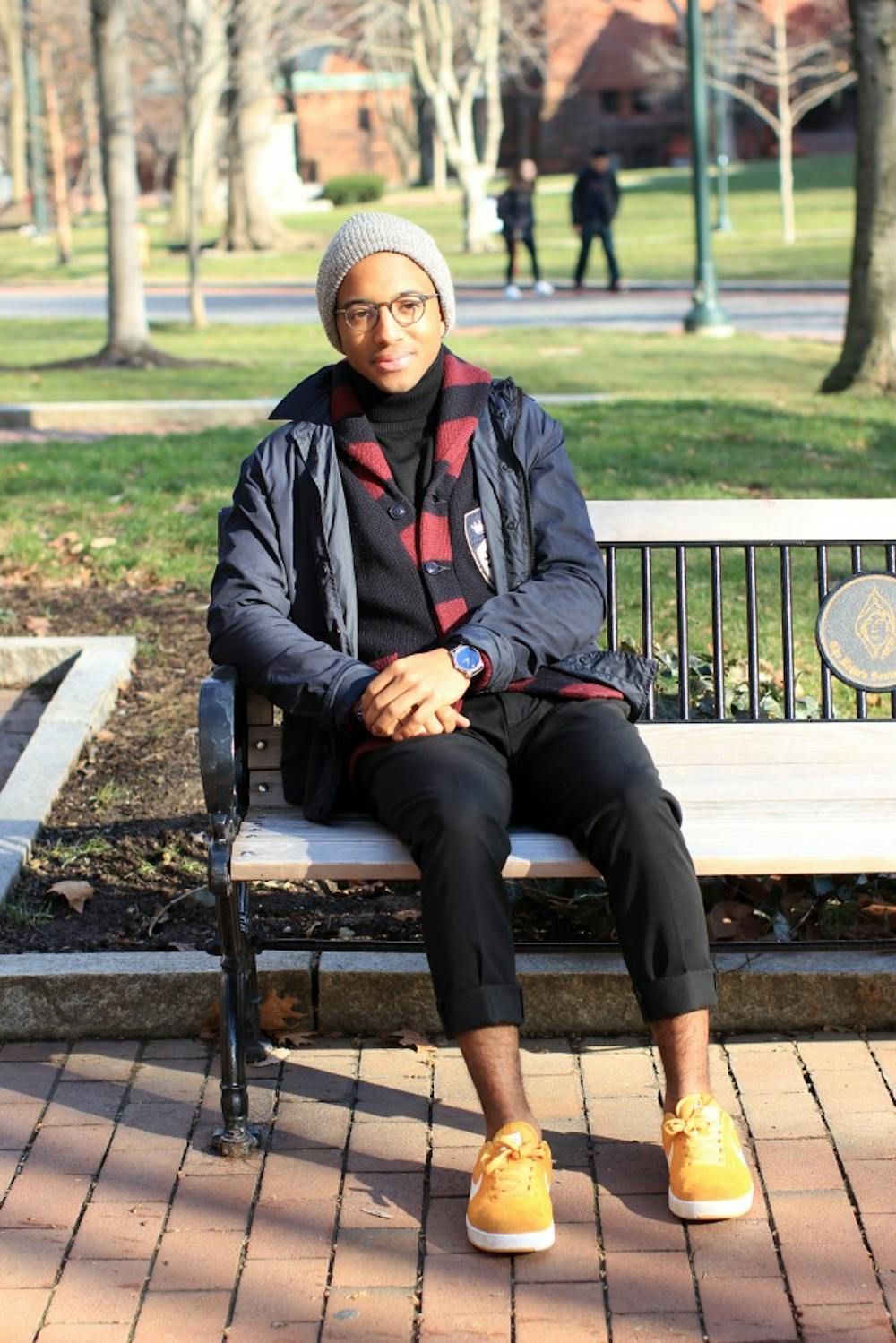From riding in Ubers to postmating our food, we’re all participants in this app–happy culture. That being said, while the demand for apps is incredibly high, creating a product that stands out has never seemed more daunting. Not that it’s stopped Reggie James from trying—the co–founder of StudyTree, a start–up tutoring app, talked to Street about his apptastic existence.
“So I don’t do schoolwork,” laughed the twenty–year–old Whartonite, who provides the business counterparts to his co–founder's technical contributions, “to be creative and build something you need free time.” James' ability to think outside the box extends past his app into almost every aspect of his life. “I created my own major which is called strategy and behavior in context,” he explained. The course of study, which focuses on cognitive decision making from macro views, has proven to be ideal preparation for his latest venture.
The app, which “costs zero for the student themself,” follows a business model in which StudyTree is in partnership with the university. Tutors are no new concept, but what makes Reggie’s product unique is that it targets students as they start to struggle, while traditional help comes too late.
Not to mention the superior quality of tutors. StudyTree’s intricate selection and grooming process prevents as Reggie put it, “tutors who may not be qualified teaching classes they have no business teaching.” And while Reggie admitted, “after two summers in finance I was like ‘ehhh—no’” he knows the importance of running a data driven venture. The success is in the facts of figures.
Personalized plans can include three one–on–one sessions and two group meetings the week before a big test, which provides a statistical probability of achieving one's desired grade before the help is even accepted. Not only does this help the student make their best decision but it allows for as Reggie explained, “data capture for the university to use to their advantage.”
Relationships with universities like Drexel and Temple are already solidified, but more pending partnerships are expected as the start up joins forces with DreamIt, a Forbes ranked top ten business accelerator. The apps success can be credited, at least in part, to its rave reviews. James talked about one student at Drexel who rose from a 2.8 to 3.2 GPA in just one semester. And while the young entrepreneur personally doesn’t believe in grades, he’s encouraged by the potential to help more students who do.
Things are promising, but not rocket fast. "You can’t implement something new mid semester,” James explained. In the meantime, his free time is divvied up between Mask & Wig, Penn Fashion Collective and maybe a little schoolwork, too. The task remains to polish StudyTree, giving it that “Apple like level of ease."
Could StudyTree ever be implemented at Penn? James certainly thinks so. While drop out rates are less a concern here than at other institutions, the app’s peer–to–peer collaboration could evolve into a powerful tool for prioritizing mental health. More developments on the home front are expected as the app emerges from an “incognito mode” of sorts.
James is more than anything excited for the brainchild he calls “a mix of perfect timing and personal passion.” While competition is fierce and choices seem infinite, StudyTree has all the necessary ingredients from strategy to leadership for the potential catapult into the fabled kingdom of household name apps.
Editor's note: In the time since this article was published, StudyTree has changed their model. More up to date information can be found on their website at http://studytreeapp.com/.

